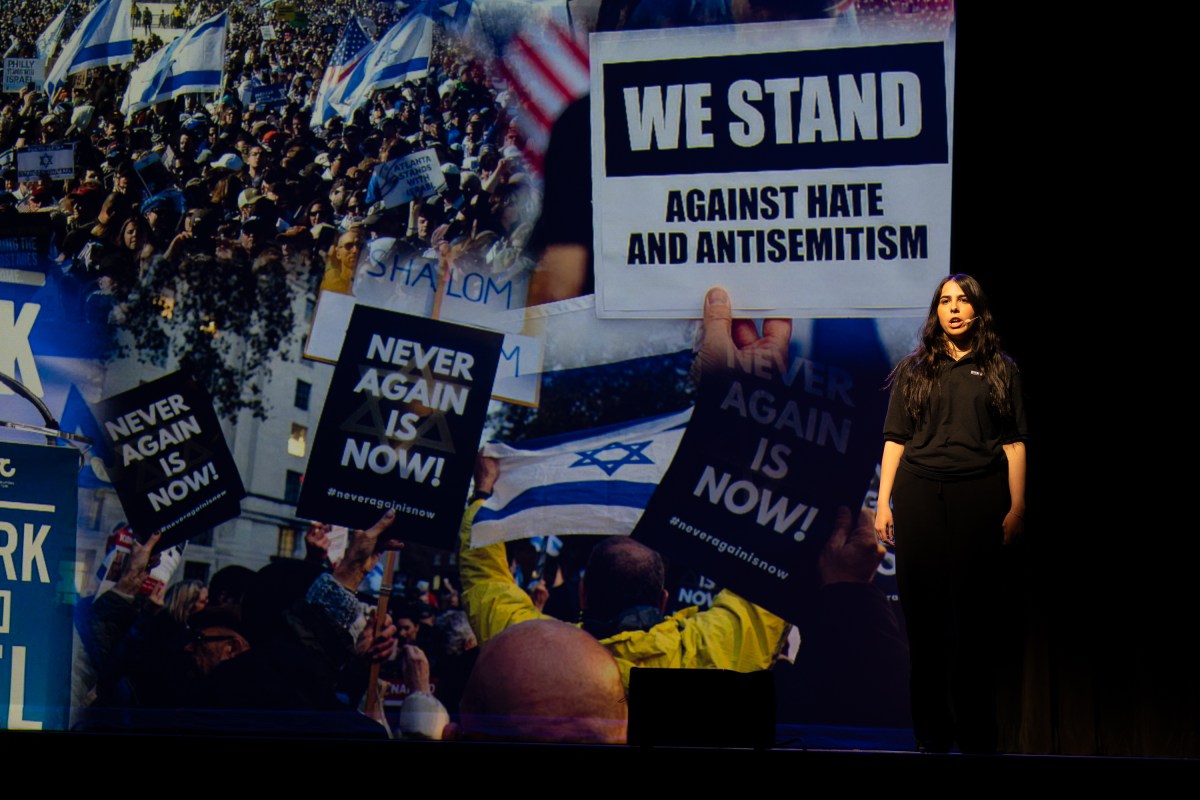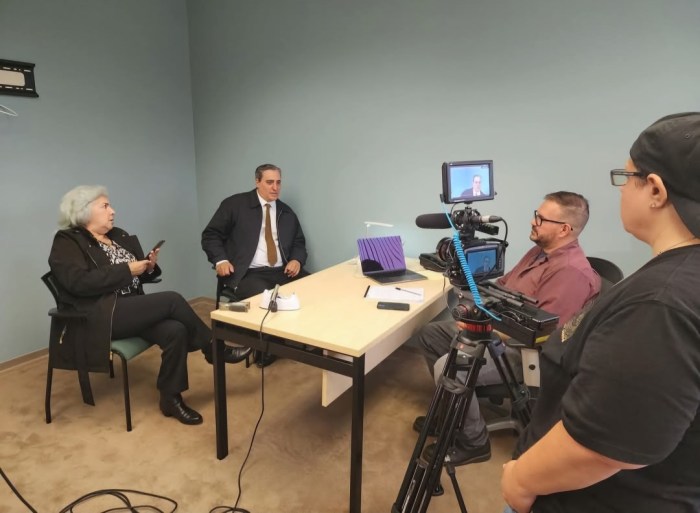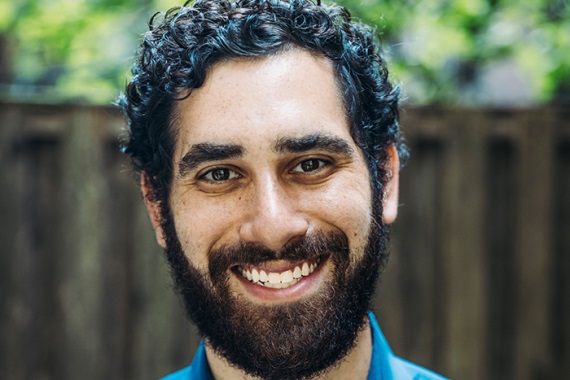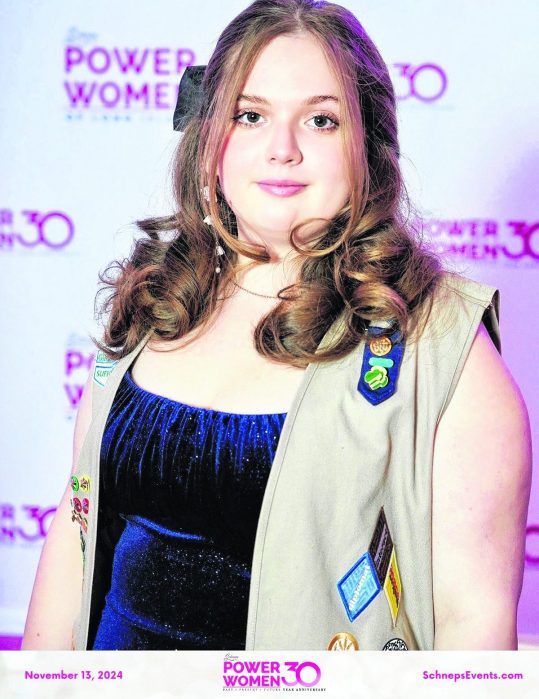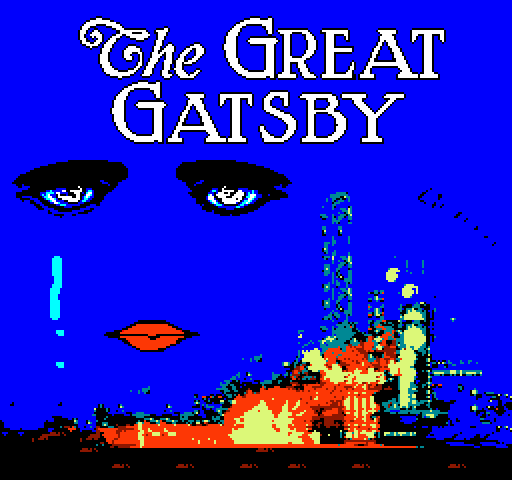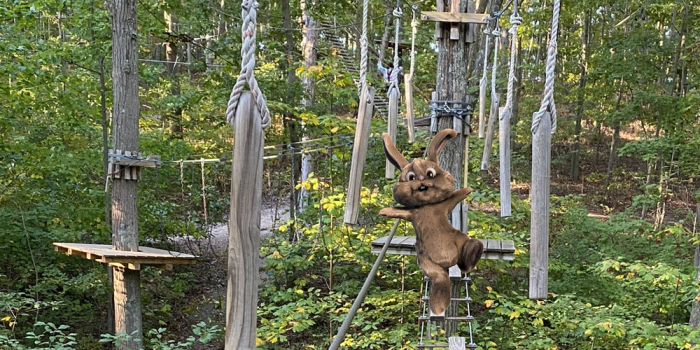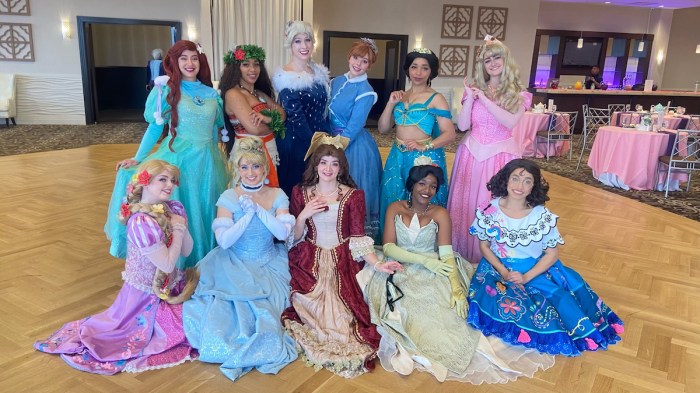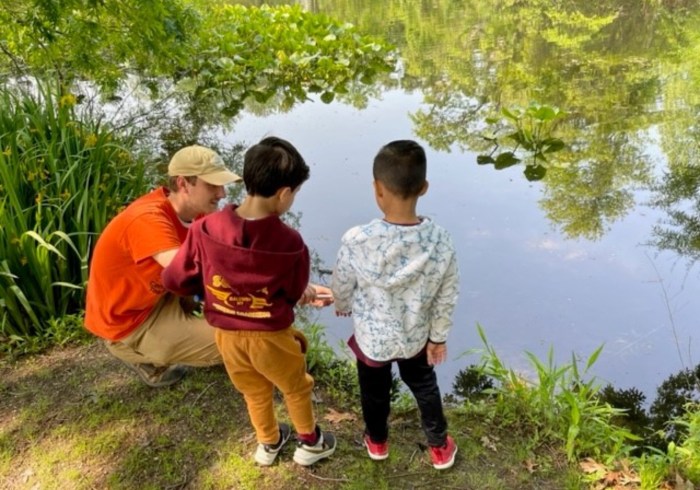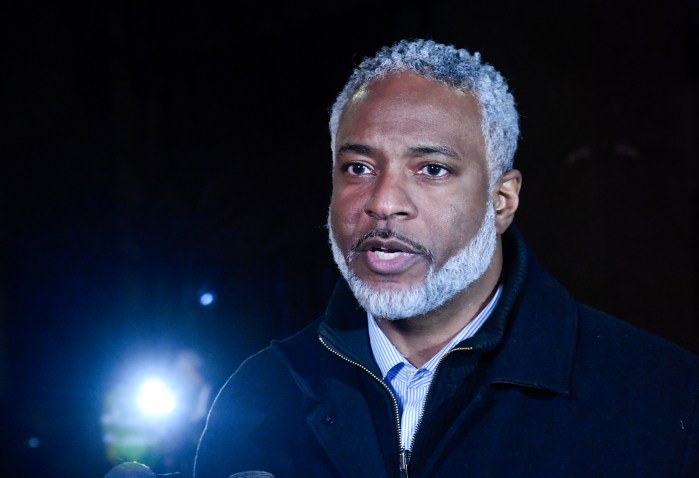At the Tilles Center for the Performing Arts on Tuesday evening, more than 50 Long Island high school students took the stage not to perform their own stories—but to give voice to the lived experiences of Holocaust survivors.
The event marked the culmination of UJA-Federation of New York’s “Witness Project,” a yearlong collaboration between students and survivors conducted in partnership with the Sid Jacobson JCC.
The program, designed to preserve and share firsthand accounts of Holocaust survival through film, performance, and visual art, has never felt more urgent. With more than 13,000 Holocaust survivors still living in the New York City area and antisemitism on the rise globally, the project serves as both a testament and a call to action.
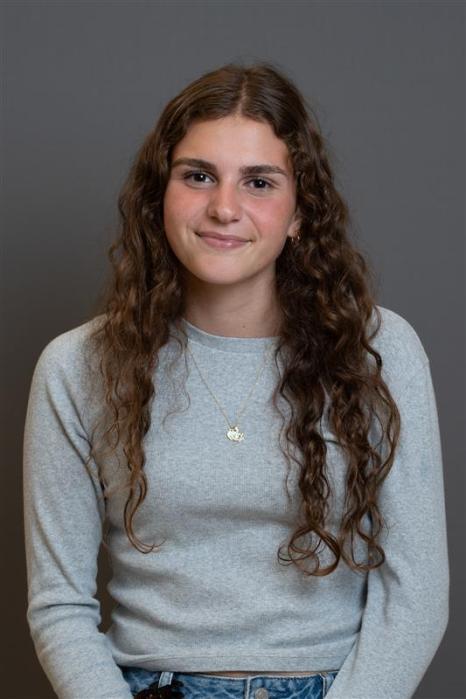
“This program has changed the way I see the world,” said Lucy Johnson, a sophomore at Paul D. Schreiber High School in Port Washington and a participant in the program. “You don’t have to be Jewish to understand the importance of Holocaust education. Everyone needs to hear these stories—because there aren’t many survivors left, and we need to carry this history forward.”
Johnson was paired with Holocaust survivor Doris Bucha Usherovitz, whose story inspired Johnson’s contribution to the project’s art exhibit. Her piece illustrates the moment the Czech government seized her survivor’s family farm and repurposed it as an airstrip—an event that forced the family to flee to Palestine before ultimately emigrating to the U.S.
“She told me how her family lost everything and how they had to start over. That’s what I tried to capture,” Johnson explained. “The resilience she showed—it’s something I’ll never forget.”
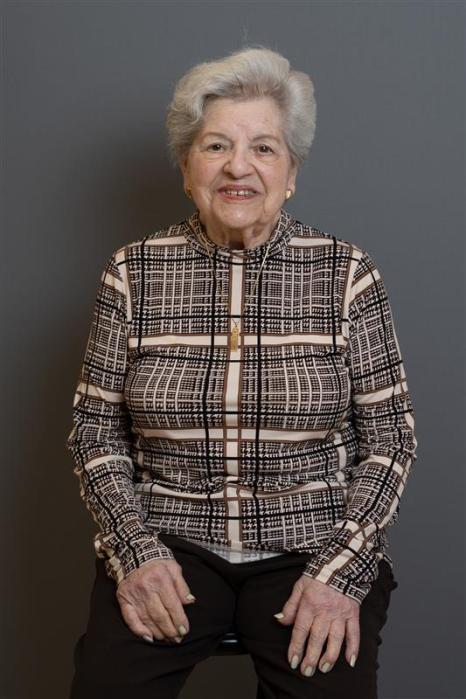
That kind of intergenerational bond is central to the Witness Project, which has gone far beyond the classroom. Holocaust survivor Bertha Dreyfuss Strauss, who now lives in Fresh Meadows, Queens, said she expected to meet with students just twice a month when she signed up—but instead, her home became a second classroom.
“These kids, they’re incredible,” Strauss said. “They ask deep questions. They want to understand—not just what happened, but how it felt and what it means for today. It became very personal. They’ve come to my house. Their parents have come. We’ve built real relationships.”
Strauss was born in Karlsruhe, Germany, and deported with her family in 1940 to internment camps in France. She and her brother were ultimately smuggled out by OSE (Oeuvre de Secours aux Enfants), a French Jewish children’s aid organization. Tragically, her parents were later killed in Auschwitz.
“I was only four years old when we were deported, so my memories are scattered. But I have letters—letters my parents wrote, describing the lice, the rats, the hunger,” she said. “People need to remember that this was real. That it happened. Too many young people today don’t even know what Auschwitz is.”
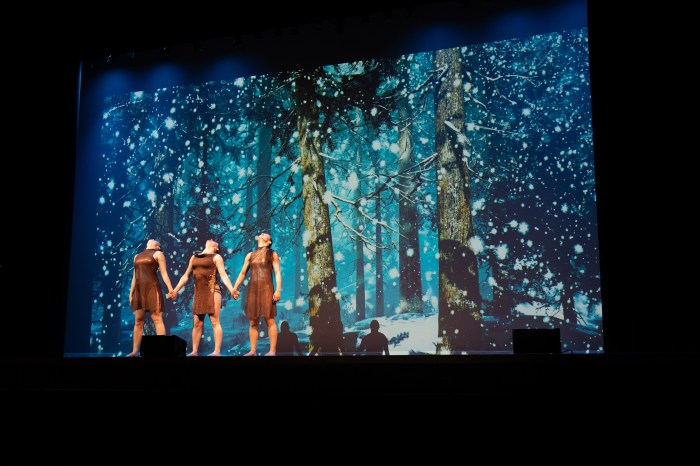
The event featured an art exhibition, a short documentary film, and live performances by students, many of whom delivered monologues based on the survivors’ narratives. The evening was both a celebration of resilience and a solemn reminder of the atrocities committed—and the necessity of remembrance.
“This isn’t just history—it’s a warning,” Strauss added. “With all the antisemitism happening today, I worry. But these students give me hope. They are the witnesses now.”
The evening was also emotional for the families in attendance. Many parents said they had never seen their children so engaged in something so meaningful. Johnson agreed.
“This has been unlike anything I’ve done in school,” she said. “It’s not just about getting a grade. It’s about making sure the world doesn’t forget.”
UJA-Federation of New York, which organizes the Witness Project, supports a network of hundreds of nonprofit organizations across the globe, working to uplift communities and preserve Jewish history. Every year, UJA allocates around $180 million in grants to help serve 5.5 million people worldwide.
As the students and survivors shared the stage in Greenvale, it became clear that the Witness Project is not just about preserving memories—it’s about creating new ones together.
“I said yes, thinking it was just a couple of meetings,” Strauss said. “But it became so much more than that. They became family.”




